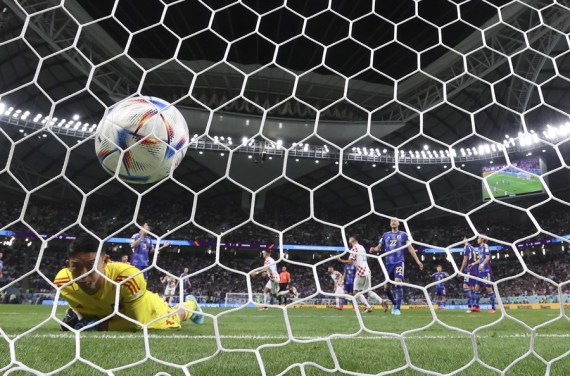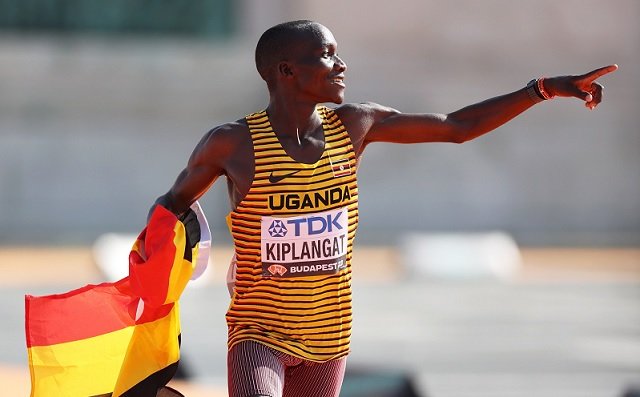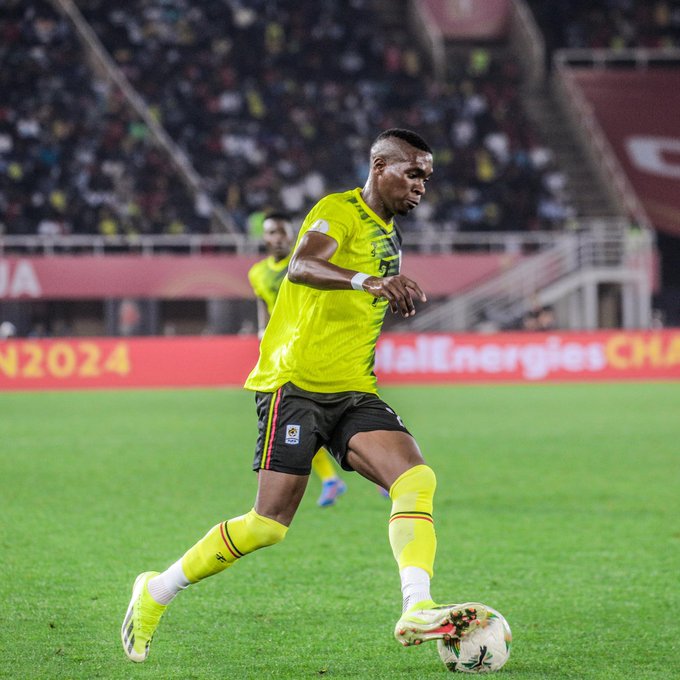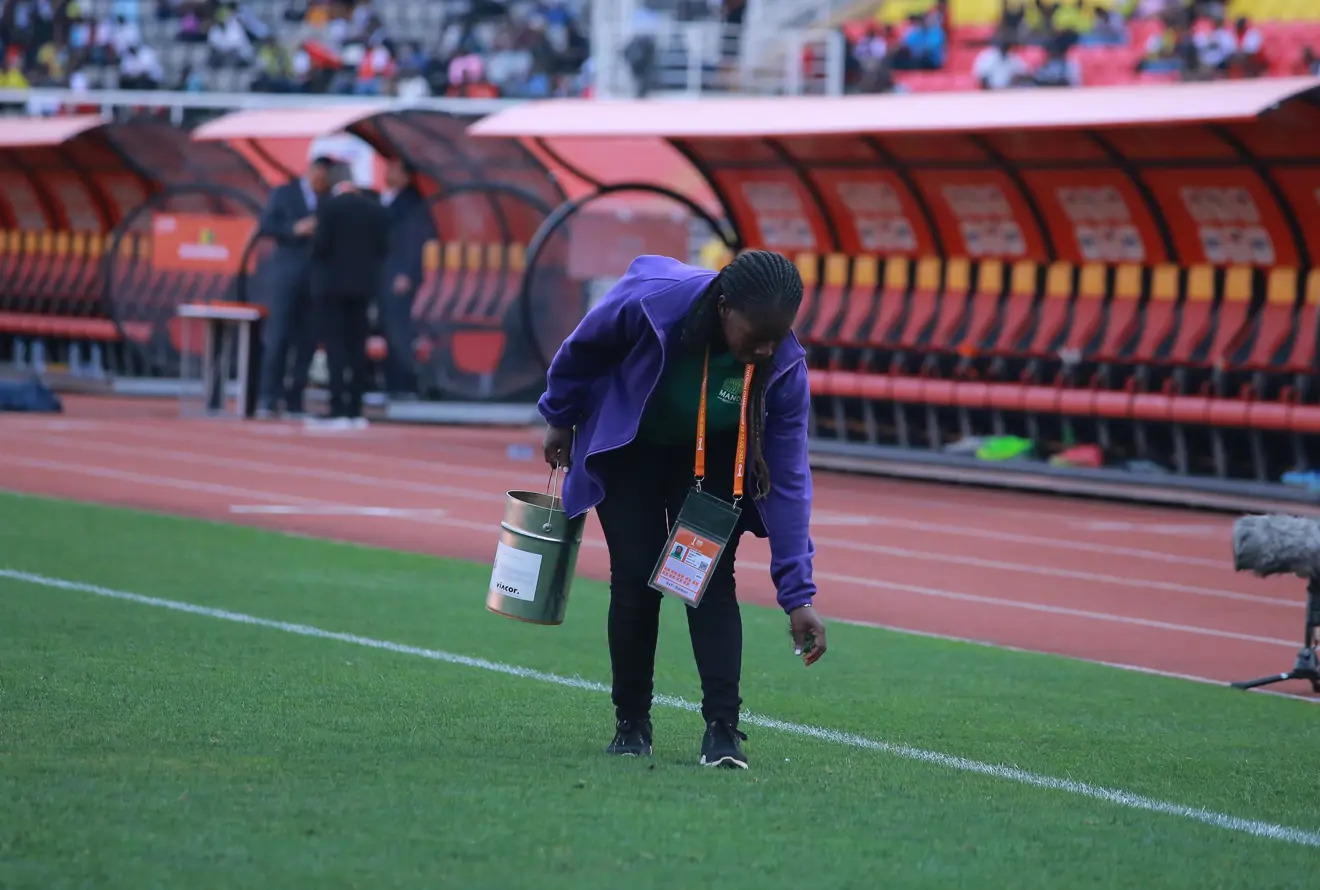Why we see shock in group stage, but not in last 16 of World Cup
As the World Cup moves towards the quarterfinals, one thing is clear. Although there were shocks in the group stage, there were no surprises in the last 16 of the tournament, with the favorites coming through in each of the knockout games.

As the World Cup moves towards the quarterfinals, one thing is clear. Although there were shocks in the group stage, there were no surprises in the last 16 of the tournament, with the favorites coming through in each of the knockout games.
The Netherlands set the tone with a 3-1 win over the United States, and Argentina held on to beat Australia 2-1. England cruised by Senegal after a few nervous moments, and France beat Poland thanks to a wonderful display from Kylian Mbappe.
Japan came close on Monday, losing in the heartbreak of penalties against Croatia, and Brazil turned on the style for 45 minutes to ruin South Korea’s hopes.
That is very different from the group stage, where surprises were the order of the day as Saudi Arabia shocked Argentina, Japan beat Germany and Spain, Morocco topped a group containing Belgium and Croatia, Cameroon became the first African team to beat Brazil, Tunisia beat France and the Aussies made it into the last 16.
We lost some big teams in the group stage, with Belgium, Denmark, Germany and Uruguay all crashing out, but in the knockout stages, this hasn’t happened. Why?
There’s probably no single answer, but to start with, some of the ‘so-called’ surprise teams are not really surprising:
Morocco have a side packed with players who earn their living in top European leagues, such as France and Spain. Their players compete at the same level and at the same clubs as the stars for France, Germany and Spain, so the fact they are now beating them at international level should not be a surprise.
The same is true for Japan, who have the backbone of their side in Europe and who have now reached the last 16 for times. It’s really no surprise to see them get through.
Some sides were below-par in the group stage and some players looked flat after an intense start to the season, especially for those whose clubs are playing in European competition.
Belgium coach Roberto Martinez commented that one factor in this World Cup is that the lack of preparation time means you “make your corrections during the group stage” and there isn’t any room for errors, which was the case for Belgium.
In that sense, Argentina were lucky that their defeat against Saudi Arabia came in their first game, leaving coach Lionel Scaloni time to adapt (and bring Enzo Fernandez and Julian Alvarez into his team).
Also after the Saudis shocked Argentina, other teams were aware of what they could do and better prepared in later group matches to avoid a repeat performance, while the wins for Tunisia and Cameroon came against rivals who were already through as group winners and rested key players.
Many teams that win World Cups do start slowly (Italy used to be habitual suspects at this) and then improve as the tournament continues, using their experience to get through difficult moments. Croatia did that in their penalties against Japan. Surely the Croatian experience of seven extra times in their last eight knockout stage games and the two shootouts they navigated in Russia stood them in good stead against the Japanese, who froze in the penalties.
U.S. coach Greg Berhalter gave the best explanation when he lamented that two “moments” had condemned his side to a last-16 defeat against the Netherlands.
When it comes to big games, the big teams continually have their ‘moments’. That extra spark of magic that can come from nowhere decide a game.
Denzel Dumfries provided three of them for the Dutch, while something similar happened for England, who were struggling to get to grips with Senegal until Jude Bellingham, Phil Foden and Harry Kane stepped up and a game that went from being difficult in the 37th minute was resolved by the 45th.
You can play well against sides like England, France or Brazil and even think you are dominating, but in the big games a Kane, Neymar or Mbappe will still break your heart and leave you wondering why.
Moments? Maybe, but moments created by quality players – the sort of players who make the difference when they are really needed and that is in the knockout stage.







